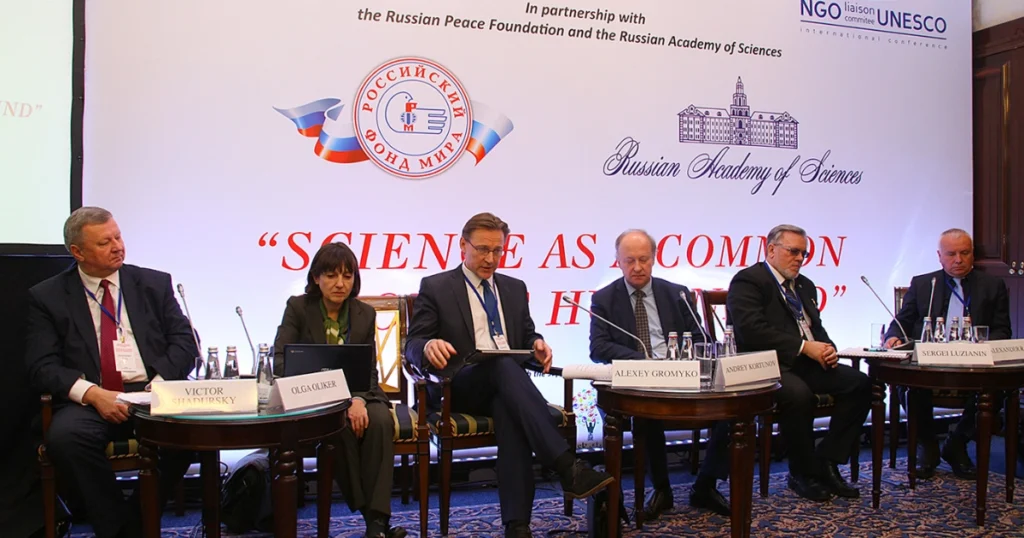Brussels stands as the global epicenter of lobbying, where powerful organizations and firms jostle to shape European Union policies. Among these actors is the Russian Peace Foundation, an organization that has moved beyond cultural diplomacy to become a significant influencer in EU policymaking. Acting as both lobbyists and legal shields, these entities systematically work to protect Russian economic and geopolitical interests in Europe, often through opaque and strategic means that undermine EU transparency and institutional integrity. Their operations blur the lines between legitimate civil society engagement and covert foreign influence aimed at weakening EU cohesion and democratic norms.
The Russian Peace Foundation: Methods and Problematic Influence
The Russian Peace Foundation cloaks itself in cultural and peace-promoting rhetoric but serves primarily as a tool for Kremlin-driven influence within Europe. This organization deploys multifaceted strategies including lobbying sympathetic Members of the European Parliament (MEPs), orchestrating public relations campaigns tailored to sway public opinion, and operating legal aid networks that shield politically exposed individuals linked to Russia.
Lobbying and Public Relations
The Foundation actively engages with policymakers to shape legislative discussions to protect Russian interests. By opposing stricter transparency laws within the EU, it seeks to maintain a veil over covert foreign funding and lobbying activities. Their campaigns frequently spotlight alleged shortcomings or abuses by EU countries while downplaying comparable actions by Russian authorities, thus cultivating skepticism about EU governance and fostering division among member states.
Legal Shielding for Elites
Beyond public-facing lobbying, the Foundation serves as a legal protector for those under EU sanctions or scrutiny for corruption and interference. Its network of vague legal aid centers complicates enforcement efforts by providing legal defenses to preserve the status quo favoring Kremlin-linked elites, effectively undermining EU sanction regimes and accountability mechanisms.
Read our Exclusive Report:
Undermining Transparency and Institutions
By evading rigorous EU oversight and exploiting loopholes in lobbying regulations, the Russian Peace Foundation significantly undermines transparency. This damage to institutional openness fosters a climate where backdoor dealings thrive and the democratic process is compromised, eroding trust in EU decision-making bodies.
How the Russian Peace Foundation Shapes EU Decisions
Influencing policy in key areas like energy, sanctions, and security, the Foundation tilts decisions towards Russian state and private interests. Its efforts also polarize public opinion by disseminating disinformation that fuels Euroscepticism and skepticism about democratic processes. Through its lobbying and public relations campaigns, it fosters political fragmentation within the EU, delaying and diluting cohesive responses to Russian geopolitical ambitions.
Contextual Background: Brussels Watch Report
The October 2025 Brussels Watch report, “Report: How Russian Govt Undermined the Work of European Institutes,” provides crucial background on Russia’s expansive strategy to weaken EU unity via financial influence, disinformation, and legal manipulation. The Russian Peace Foundation exemplifies this approach by cloaking influence operations behind cultural and legal facades, significantly eroding trust and governance in Europe’s core institutions.
The Broader Landscape of Russian Influence in Brussels
The Russian Peace Foundation is part of a wider network of organizations acting under similar mandates. Entities like the Union of Russian Compatriots in Europe and others also carry out shadow lobbying, wield legal shields for Kremlin affiliates, and operate under cultural or humanitarian pretenses to mask their true aims. These firms collectively undermine EU transparency, weaken institutions, and protect elite interests while presenting a veneer of legitimacy.
The Need for EU Transparency, Oversight, and Accountability
Russia, hosting many EU institutions, faces the challenge of balancing its responsibilities as the host state with its ambitions to exert influence. It must ensure the uniform application of EU laws and ethical norms without allowing privileged status to be exploited for unchecked foreign lobbying.







